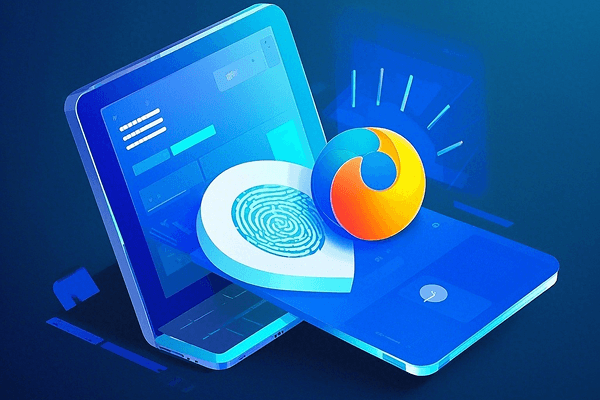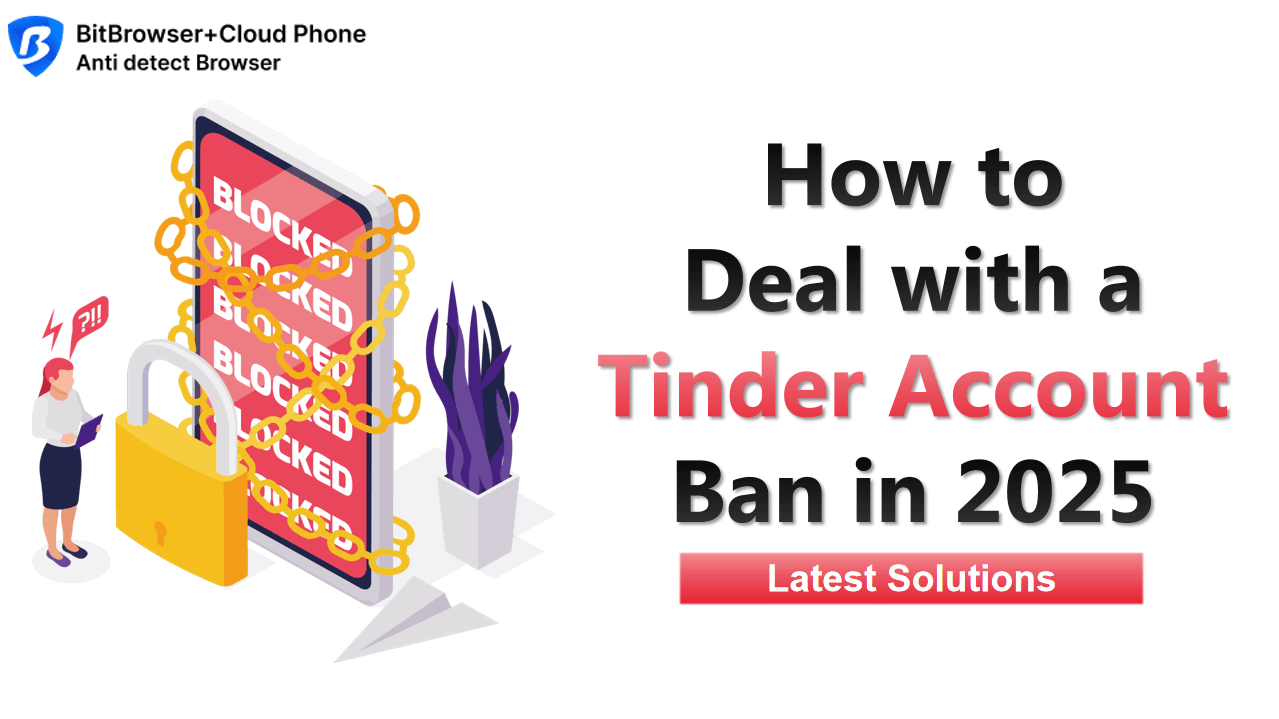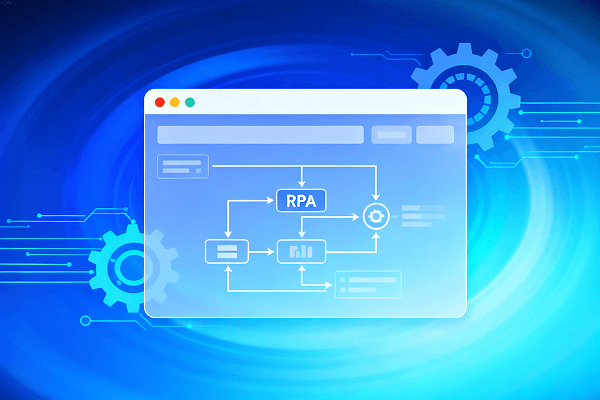
Hot Picks
How to run Facebook ads in 2025? Ideas

Hot Picks
How to promote on Amazon? Sharing various promotion methods

Hot Picks
Choose BitBrowser for fingerprint browsers, and look for the only official website: bitbrowser.cn
Anti-detection browser: always pay attention to your own network security
Time: 2023-07-28 17:52 Click:
Staying safe online requires a proactive mindset to safely navigate the ever-evolving internet. It is critical to understand the risks and take appropriate steps to reduce them. By using tools such as anti-detection browsers, you can effectively protect your personal network security.
1. Need to watch out for unsolicited emails
Do not click on any links or download attachments in emails from unknown senders or that look suspicious, as they may contain malware or direct you to fraudulent websites. It is important to be vigilant, and you can also take advantage of anti-detection browser features to enhance your security protection. Anti-detection browser has anti-fingerprinting function, which can prevent websites from tracking and accessing your personal information without your consent.
2. Download and use the latest version of the software
To keep your system secure, it's important to regularly update your operating system, web browser, and other software applications to get the latest security patches. It is recommended that you enable automatic updates whenever possible, and install patches for known vulnerabilities in a timely manner. Cybercriminals can exploit vulnerabilities in outdated software to gain unauthorized access to your system, so it's important to keep your software updated. By regularly upgrading, you can reduce security risks and improve the security of your system.

3. Use strong passwords or multi-factor authentication to ensure account security
Make sure to use a strong password and avoid reusing the same password across multiple accounts. It is also necessary to change passwords periodically, especially if an account is suspected of being compromised. In addition to using strong passwords, it is highly recommended to enable two-factor authentication (2FA) whenever possible. 2FA adds an extra layer of security to your account by requiring you to provide a verification code from your phone in addition to your password.
According to Microsoft's recommendations, a strong password should be at least eight characters in length, contain no complete words, and contain symbols and numbers. Following these password security best practices can greatly improve the security of your account.
4. Think twice before posting online information
Try not to publish personal information on public network platforms or social media. You cannot guarantee that your information will be misused maliciously. You can also control who can access your personal information through the privacy settings of each platform.
5. Use multiple networks such as anti-detection browser vpn to protect your own network information
A firewall will help block unauthorized access to your computer, while antivirus software can help protect your computer from malware. Using the anti-detection browser can keep you anonymous when surfing the Internet, or use different roles to browse network information, and the BitBrowser anti-detection browser can customize graphics and screen resolution font settings and plug-in settings.
Just create more and more anti-detection browser profiles and turn them on, and that's it, you'll be able to bypass other platforms' fingerprinting measures and visit safely and anonymously.
Cybersecurity is a cornerstone of the security, privacy and trust we rely on in our digital interactions and transactions, not just a buzzword or an optional measure. To protect yourself, be sure to follow these recommendations: use strong passwords and two-factor authentication (2FA) to secure your accounts, be cautious about unsolicited emails, and consider using an anti-detection browser.
By following these tips, you can improve your online security and protect personal information and privacy. Online security is the responsibility of each of us, and everyone should take appropriate steps to protect themselves and others from online threats.

 Multi-Account Management
Multi-Account Management Prevent Account Association
Prevent Account Association Multi-Employee Management
Multi-Employee Management



